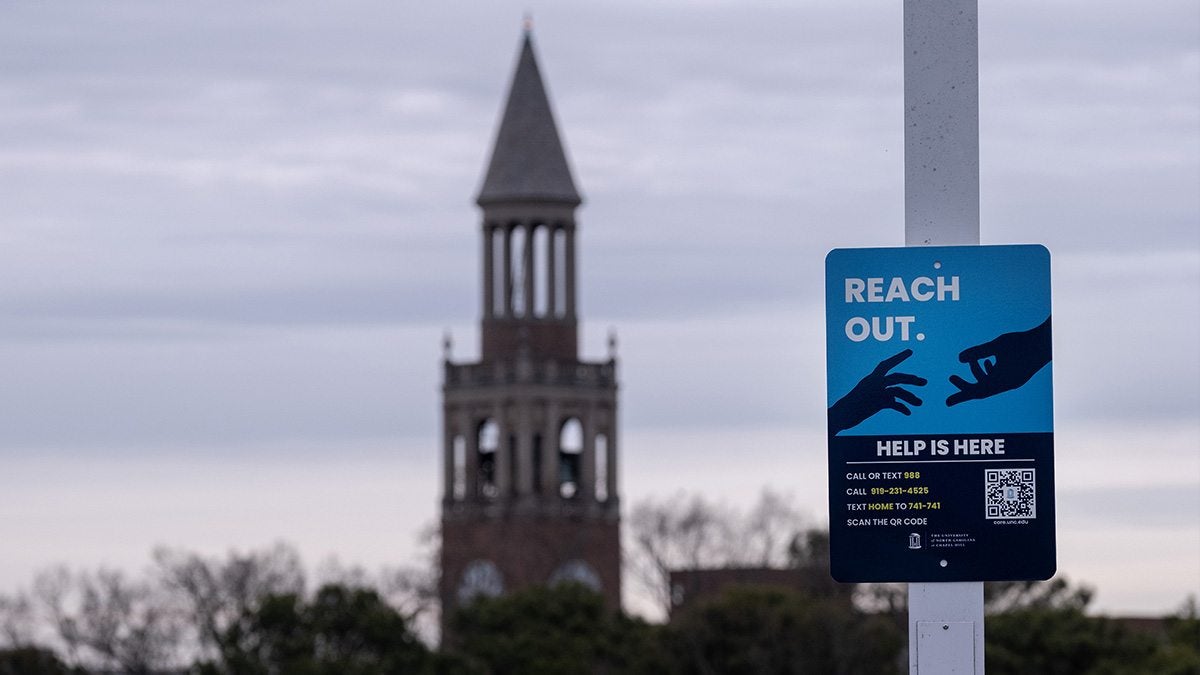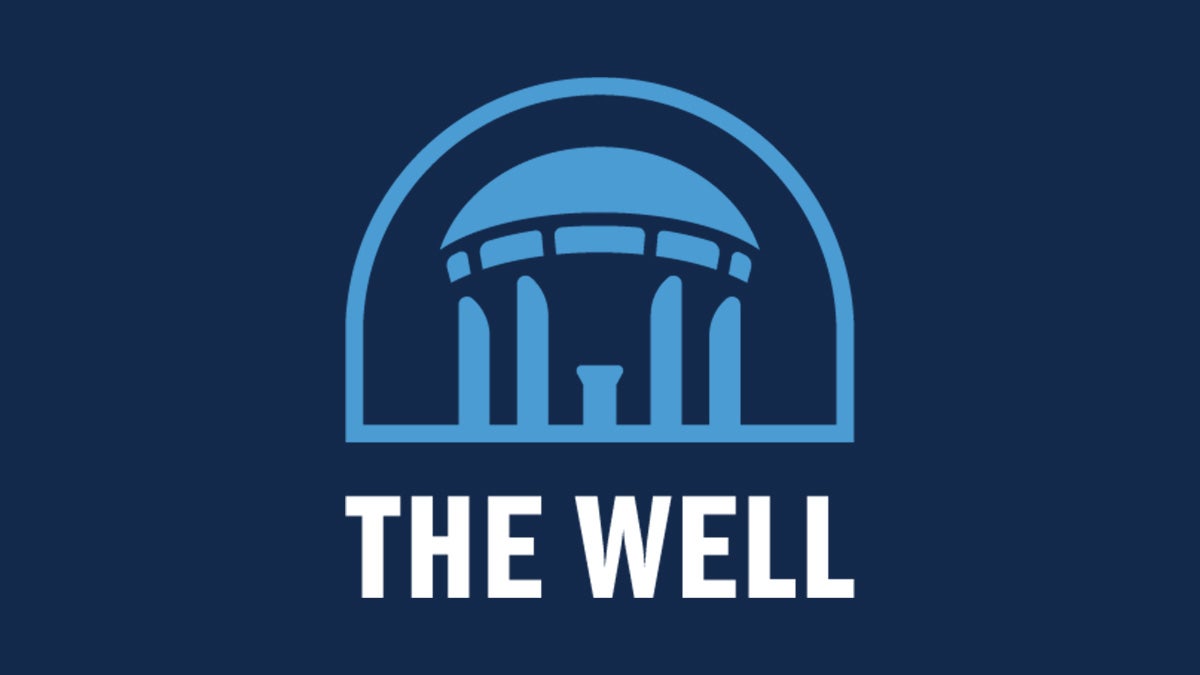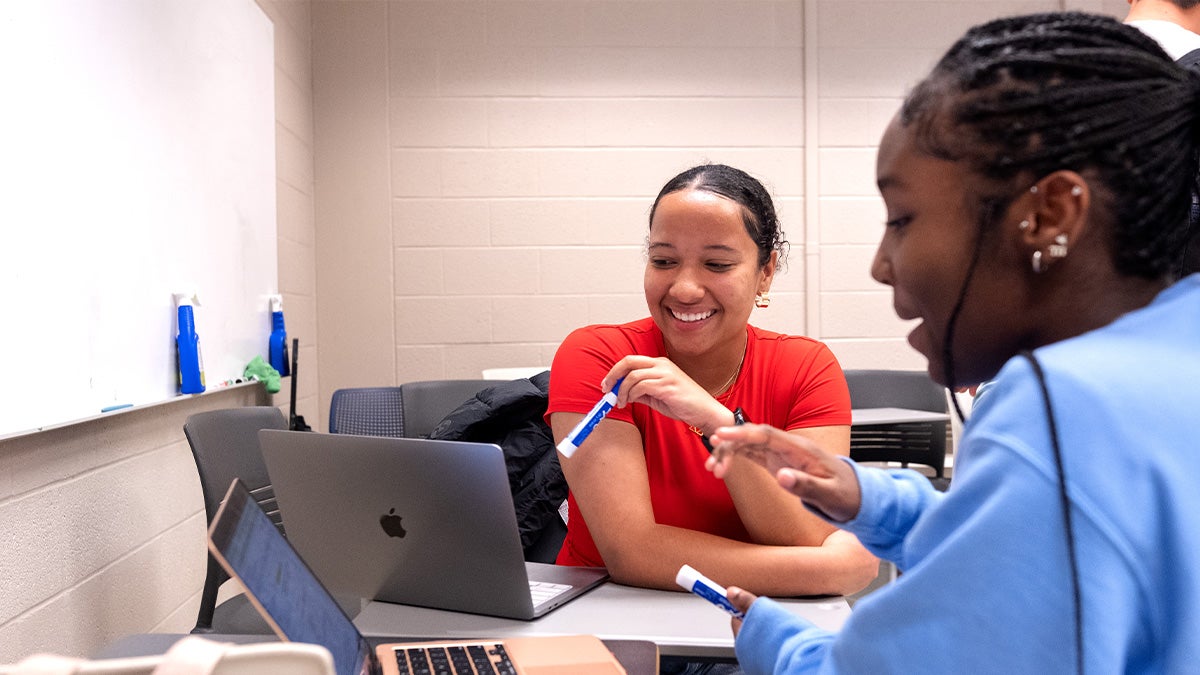‘Hope Signs’ promote mental well-being on campus
The messages provide timely, visible reminders of mental health resources in areas where they are most needed.

To promote student mental health and well-being, foster a supportive campus environment and prevent suicide, UNC-Chapel Hill has developed and installed “Hope Signs” as part of its comprehensive mental health strategy. Recommended by the JED Campus Partnership and guided by the JED Task Force, this initiative aims to provide timely, visible reminders of mental health resources in areas where they are most needed.
The new signage includes two distinct approaches:
- Crisis intervention signs: Installed in low-traffic, high-risk areas such as elevated sections of parking decks, these signs provide immediate access to crisis resources, including phone numbers for mental health support and counseling.
- Pro-social mental health promotion signs: Placed in high-traffic, low-risk areas such as residence halls and skywalks, these signs encourage a campuswide culture of compassion and care.

The signs were recommended by the JED Campus Partnership and guided by the JED Task Force. In this photo, Rich Wright and Michael Fesperman, UNC Facilities staff members, install the signs in the Bell Tower parking deck. (Jon Gardiner/UNC-Chapel Hill)
The designs are intentionally eye-catching yet straightforward, ensuring accessibility and effectiveness. The initiative reflects collaboration across multiple campus departments, including Student Affairs, University Communications, Campus Safety, Facilities and Operations, Transportation and Parking, and Carolina Housing, and others represented by members of the JED Task Force.
“These signs are about more than just information — they’re about connection and hope,” said Amy Johnson, vice chancellor for student affairs. “By placing supportive messages and resources in key locations, we aim to remind students that they are not alone, and that help is available whenever they need it.” Research shows that interventions, such as visual reminders or conversations, can significantly encourage people to seek help and reduce the incidence of self-harm.
Carolina’s abundance of resources supporting student mental health and well-being services has received recognition from The Princeton Review’s inaugural mental health services honor roll, landing among 16 top undergraduate institutions. The Hope Signage initiative is one of many efforts the University has embraced to advance this mission.
UNC-Chapel Hill remains committed to creating a campus environment where mental health is prioritized and every student feels supported. For more information about mental health resources at UNC-Chapel Hill or the JED Campus Partnership, visit care.unc.edu.







